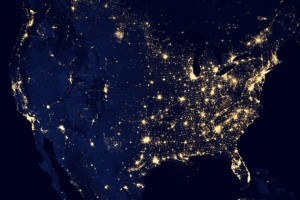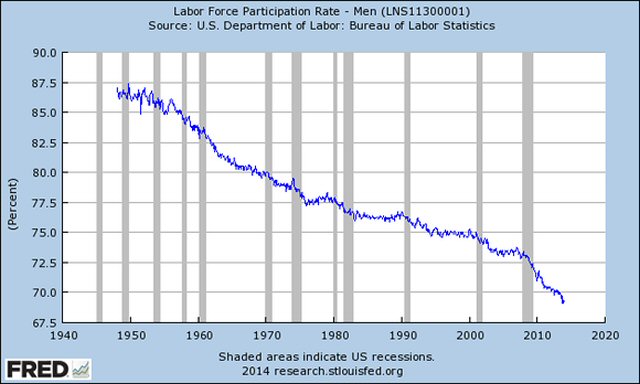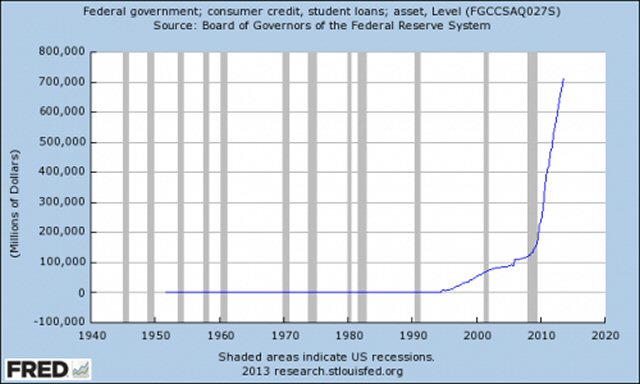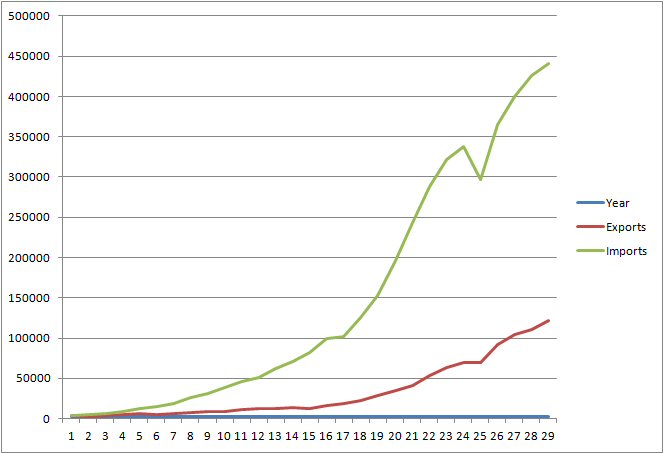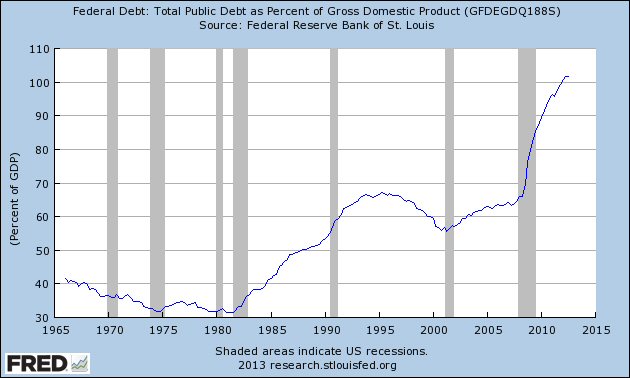October 9, 2014
(Excerpt of his complete remarks)
…the gathering storm that Sir Winston also warned about. And there is no element of that gathering storm more critical than climate change.
Together, both of our countries recognize that never before has a threat like climate change found in its solution such a level of opportunity – the opportunity to unleash the clean-energy economy that will get us out of this mess but also take us forward towards a safer, more sustainable future.
Now I know that climate change to some people can just seem like a very distant, future prospect, maybe even a future challenge. That’s dangerous, falling prey to that perception, because it’s not. And it would be very dangerous to lull ourselves into believing that you can wait with respect to any of the things that we need to do to meet this challenge.
Climate change is already impacting the world in very real and significant ways. This past August was the hottest August the planet has ever seen in recorded history. And each year of the last ten years, a decade, has been measured as being hotter than the last with one or two variations of which year followed which, but as a decade the hottest in our recorded history.
There are now – right now – serious food shortages taking place in places like Central America because regions are battling the worst droughts in decades, not 100-year events in terms of floods, in terms of fires, in terms of droughts – 500-year events, something unheard of in our measurement of weather.
Scientists now predict that with glaciers and melting of the ice at the current rates, the sea could rise now a full meter in this century. A meter might not seem like a whole lot, but let me tell you, think about it just in terms of Boston. It would mean about $100 billion worth of damage to buildings, to emergency costs, and so on.
And thinking about climate change as some distant challenge is dangerous for other reasons too. We still have in our hands a window of opportunity to be able to make the difference. We don’t have to face a future in which we’re unable to talk about anything except adaptation or mitigation, already present in our planning. But the window is closing quickly. That’s not a threat; that’s a fact. If all of us around the world do not move to push back against the current trend line of what is happening in climate change, we will literally lose any chance of staving off this threat.
The good news is that we actually know exactly how to do it. This is not a challenge which has no solution. This is not a challenge that’s out of our reach. The solution is staring us in the face. It’s very simple: clean energy. The solution to climate change is energy policy. And the best news of all is that investing in clean-energy economy doesn’t just mitigate the impacts of climate change and make our communities cleaner and healthier. It actually also reinvigorates our economies and creates millions of good jobs around the world.
Let me just share with you something. We in Massachusetts ought to be particularly tuned into this. In the 1990s, America created more wealth than at any other time in our history, more even than the famous 1920s and ’30s, when people read about the history of the Carnegies and the Mellons and the Rockefellers and the Fricks and so forth. We created greater wealth in the 1990s in America than we did when we had no income tax in the 1920s.
And the truth is that that came about as a $1 trillion market with 1 billion users – remember the one for one – in technology, in personal computers, in communications. And guess what? Every single quintile of income earner in America saw their incomes go up. Everybody did better. Well, the energy market that we are looking at today, in a nation that doesn’t even have a national grid, a nation that has an east coast grid, a west coast grid, a Texas grid, and a line that goes from Chicago out into the west towards Dakotas – that’s it. We have a huge, gaping hole in the middle of America. We can’t take energy from solar thermal in the Four Corners down there by New Mexico and Colorado and California and bring it to the northeast where we need it. We can’t take energy from those wind farms of Minnesota or Wisconsin or Iowa and sell it south, or our wind ultimately from Cape Wind because we don’t have a transmission system.
Guess what? $1 billion of investment in infrastructure is somewhere between 27,000 and 35,000 jobs. And if we were to do what we know we need to do to build the energy future of this country, we’ll put millions of people to work, and here’s the kicker: The market we’re looking at is a $6 trillion market with four to five billion users today, climbing to a potential 9 billion users by the year 2050. It is literally the mother of all markets. Governor Patrick understands that. Massachusetts has understood that. But we have not yet been able to translate that into our national policy.
So once again, I’m proud Massachusetts is setting the trend. Massachusetts is leading by example. And that’s why many in the United States and the UK who are leading by example. And as the governor said, we’re a little behind them in terms of some of the things we ought to be doing, behind Europe in some respects. But in the United States we’re now targeting emissions from transportation and power sources, which are 60 percent of dangerous greenhouse gases. And at the same time, we bumped our solar energy production on a national basis by ten times and we’ve upped our wind energy production on a national basis by more than threefold thanks in large part to facilities just like this one.
So because of the steps that we’re now taking, we’re in a position to put twice as many people to work in the energy sector, nearly double the amount of people currently employed by oil and gas industry. This is the future. It’s already a $10 billion chunk of the Massachusetts economy and growing; 90,000 – almost 100,000 – people employed here in Massachusetts; 6,000 companies statewide are defining this future. And the Massachusetts wind testing center that we’re in now helps ensure that the global wind power industry is deploying the most effective land-based offshore wind turbine technologies to be used around the world.
This is global, what’s happening here, and that’s why Philip Hammond and I wanted to come here today, to underscore not just to Massachusetts but to America and to the world what these possibilities are. And the fact is that there is a lab not unlike this, a Narec blade testing facility in the United Kingdom city of Blyth. So we share this vision in very real ways.
I’d just say to all of you here that people need to feel the pressure from you. You all know what politics is about. I’m not in it now, but I’m dependent on it to help make the right decisions so that we move in the right direction. A clean energy future is not a fantasy. Changing course and avoiding the worst impacts of climate change is not a fantasy. And supporting healthier communities and ecosystems and driving economic growth and job creation – none of that is a fantasy. And for those people who still stand in the way, for those people who even still today want to try to question whether or not their science is effective or not, I’d just ask you – ask a simple question: If we’re wrong about this future, what’s the worst that could happen to us for making these choices?
The worst that could happen to us is we create a whole lot of new jobs, we kick our economies into gear, we have healthier people, healthier children because we have cleaner air, we live up to our environmental responsibility, we become truly energy independent, and our security is stronger and greater and sustainable as a result. That’s the worst that happens to us.
What happens if they’re wrong? (Applause.) If they’re wrong – catastrophe. Life as you know it on Earth ends. Seven degrees increase Fahrenheit, and we can’t sustain crops, water, life under those circumstances.
So I know, with Philip Hammond and I and President Obama and Prime Minister Cameron and a whole bunch of leaders around the world know, we need to go to Lima, Peru this year and we need to push forward on an agreement, and next year in Paris we need to reach an agreement where we live up to our responsibility to future generations and make all the difference in the world.
John Kerry
Secretary of State
Wind Technology Testing Center
Boston, Massachusetts


